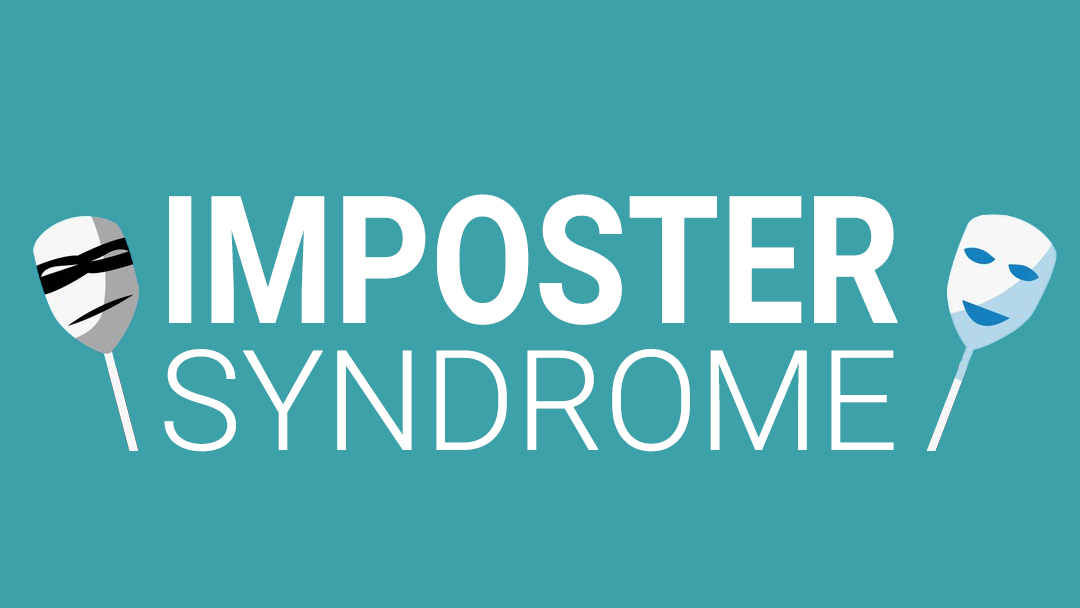Did you know almost 70% of people feel like Imposters?
There are five different types of imposter syndrome, each based on how someone sees their own competence.
What are the 5 types of imposter syndrome?
- The Perfectionist
- The Expert
- The Superhero
- The Natural Genius
- The Soloist
These all have their roots in self-belief, which is the focus of my rapid transformational therapy sessions. We get to the root of why you feel like an imposter and my RTT sessions help you to see your true potential.
What does imposter syndrome feel like?
In this blog, we will cover the 5 different types of imposter syndrome, and what it feels like and how my RTT sessions can help you to overcome them.
The Perfectionist:
This type of imposter usually focuses on how they do things. They demand perfection from themselves in every way.
However, because perfection isn't a realistic objective, they can't live up to these standards. So rather than recognizing the time and effort they put in after accomplishing something, they may berate themselves for minor errors and feel ashamed of their supposed failure.
This leads to them constantly striving for unattainable standards, which can lead to procrastination or avoidance of new challenges.
Self-belief plays a huge part in how we see ourselves and this type of imposter is no different. They may think it's impossible for them to achieve something or just can't do a task because they don't have the skills. This can cause a lot of stress and self-doubt, and even lead them to believe they don't deserve success.
Excessive work can also be a problem for this type of Impostor Syndrome sufferer. They may work 24 hours a day in an attempt to make up for their supposed lack of competence while neglecting family, friends, hobbies and other interests.
The Expert:
Before considering their work a success, this impostor must learn all there is to know about the targeted topic. They may spend too much time seeking more information and have to devote more time to their primary job.
Even though they are often highly skilled, they underrate their expertise.
They become defensive and indignant when they feel they should have all the answers, and since they consider themselves to be a fraud whenever they can't answer a question or recall information that was previously unknown to them. They are never content with their current level of knowledge.
Excessive preoccupation with competence can lead this type of imposter to miss the big picture. In their case, they might not notice when a manager is taking advantage of them or accept opportunities for advancement because they are too focused on how much they know about a topic.
The pressure of this can be very high, causing stress and anxiety and it can ultimately lead them to burn out.
The Superhero:
These imposters link competence to their ability to succeed in every role they hold: employee, parent, student, or friend. In their opinion, failing to navigate all of the demands of these roles successfully proves their inadequacy.
They feel they must push themselves to the limit and expend lots of energy in order to succeed. But even after doing all this, they may still have feelings that they are not really qualified or that they are a fraud.
They might think that they should be able to do more and that it should be easier.
The Natural Genius:
In the case of this imposter, they've spent their life acquiring new skills without putting in much effort, and they believe that understanding new information and techniques should be simple. They make ambitious goals for themselves and become frustrated when they don't achieve them on their first try.
They believe that competent persons can easily handle all situations, and this might lead them to feel like a fraud as they start to struggle.
They may feel ashamed and embarrassed if something doesn't come easily to them or if it fails on their first try.
Often they will find themselves struggling with stress and anxiety, which can escalate to feelings of hopelessness and despair.
It is said that Albert Einstein may have even suffered from the syndrome towards the end of his life, with a month before his death confiding to a friend saying, “the exaggerated esteem in which my lifework is held makes me very ill at ease. I feel compelled to think of myself as an involuntary swindler.”
The Soloist (or Rugged Individualist):
These imposters are more individualistic and prefer to work alone. They're lone wolves if you will. They believe they should be able to complete every task on their own. If they can't do it alone, they'll consider themselves unsuccessful and find it difficult to find joy in their accomplishments.
Because productivity is so important to them, they are frequently unwilling to accept assistance. The imposter thinks requesting aid is a sign of weakness.
They see asking for assistance or accepting help as proof that they have fallen short of their own high standards. It also implies that they are admitting their inadequacies and declaring themselves a loser.
This can cause isolation and a lack of support from others, which can, in turn, lead to a worsening cycle of anxiety.
What is RTT hypnosis?
Rapid Transformational Therapy (RTT) is a unique, highly effective form of hypnotherapy that was created by the world-renowned therapist, speaker, and best-selling author, Marisa Peer. It combines the most effective elements of hypnosis, neuro-linguistic programming (NLP), cognitive-behavioral therapy (CBT), and psychotherapy to aid in healing some of our deep-rooted issues.
Dealing with imposter syndrome alone can be difficult, but it is not impossible.
There are treatments available to help those who suffer from imposter syndrome.
The cost of a one-on-one session with me is $450. This includes a 20 to 40 minute "getting to know you" chat, as well as the actual session (45 to 90 minutes depending on your needs). After your session, you will receive a personalized guided meditation that you will listen to for at least 21 days, upon completion of the 21 days there is a follow-up call and check-in. These sessions will teach you how to rewire your brain and let go of the thoughts and beliefs that are keeping you from reaching your fullest potential.
If you are feeling like an imposter and want to do something about it, please do not hesitate to reach out. You are not alone in this, and I would be happy to help.
International inquiries are always welcome! Even though I am an RTT therapist in Canada, I am able to provide these services virtually as well!
Let's chat!
Jane













